Filter by
Found 12368 from your keywords: subject="Indonesia-Law and leg...
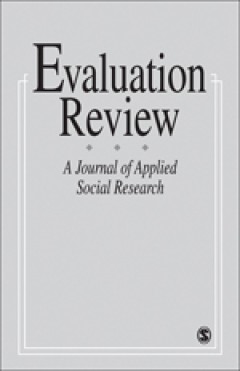
Evaluation Review, Volume 37, Number 5, October 2013
- Edition
- -
- ISBN/ISSN
- 0193-841X
- Collation
- -
- Series Title
- -
- Call Number
- -
- Edition
- -
- ISBN/ISSN
- 0193-841X
- Collation
- -
- Series Title
- -
- Call Number
- -

Evaluation Review, Volume 37, Number 6, December 2013
- Edition
- -
- ISBN/ISSN
- 0193-841X
- Collation
- -
- Series Title
- -
- Call Number
- -
- Edition
- -
- ISBN/ISSN
- 0193-841X
- Collation
- -
- Series Title
- -
- Call Number
- -
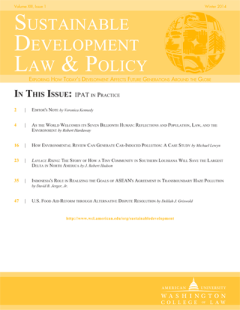
Sustainable Development Law & Policy, Volume 14, Issue 3, Summer 2014
- Edition
- -
- ISBN/ISSN
- 1552-3721
- Collation
- -
- Series Title
- -
- Call Number
- -
- Edition
- -
- ISBN/ISSN
- 1552-3721
- Collation
- -
- Series Title
- -
- Call Number
- -
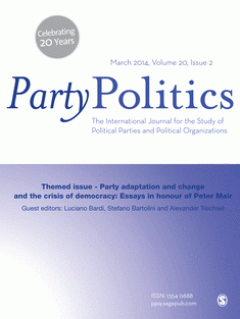
Party Politics, Volume 20, Issue 5, September 2014
- Edition
- -
- ISBN/ISSN
- 1354-0688
- Collation
- -
- Series Title
- -
- Call Number
- -
- Edition
- -
- ISBN/ISSN
- 1354-0688
- Collation
- -
- Series Title
- -
- Call Number
- -
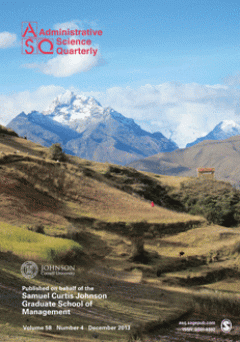
Administration Science Quarterly, Volume 59, Number 3, September 2014
- Edition
- -
- ISBN/ISSN
- 0001-8392
- Collation
- -
- Series Title
- -
- Call Number
- -
- Edition
- -
- ISBN/ISSN
- 0001-8392
- Collation
- -
- Series Title
- -
- Call Number
- -
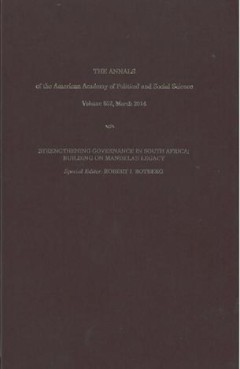
The Annals of the American Academy of Political and Social Science, Volume 65…
- Edition
- -
- ISBN/ISSN
- 0002-7162
- Collation
- -
- Series Title
- -
- Call Number
- -
- Edition
- -
- ISBN/ISSN
- 0002-7162
- Collation
- -
- Series Title
- -
- Call Number
- -
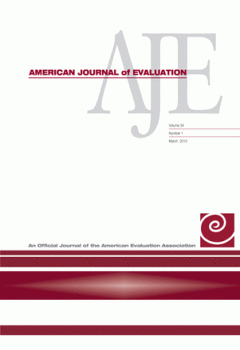
American Journal of Evaluation, Volume 35, Number 3, September 2014
- Edition
- -
- ISBN/ISSN
- 1098-2140
- Collation
- -
- Series Title
- -
- Call Number
- -
- Edition
- -
- ISBN/ISSN
- 1098-2140
- Collation
- -
- Series Title
- -
- Call Number
- -

Journal of Public Administration Research and Theory, Volume 24, Number 4, Oc…
- Edition
- -
- ISBN/ISSN
- 1053-1858
- Collation
- -
- Series Title
- -
- Call Number
- -
- Edition
- -
- ISBN/ISSN
- 1053-1858
- Collation
- -
- Series Title
- -
- Call Number
- -

Gender & Society, Volume 28, Number 5, October 2014
- Edition
- -
- ISBN/ISSN
- 0891-2432
- Collation
- -
- Series Title
- -
- Call Number
- -
- Edition
- -
- ISBN/ISSN
- 0891-2432
- Collation
- -
- Series Title
- -
- Call Number
- -
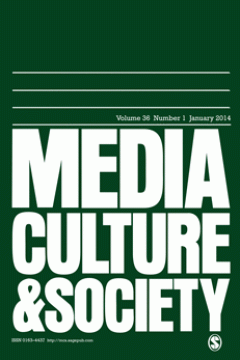
Media Culture & Society, Volume 36, Number 7, October 2014
- Edition
- -
- ISBN/ISSN
- -
- Collation
- -
- Series Title
- -
- Call Number
- -
- Edition
- -
- ISBN/ISSN
- -
- Collation
- -
- Series Title
- -
- Call Number
- -
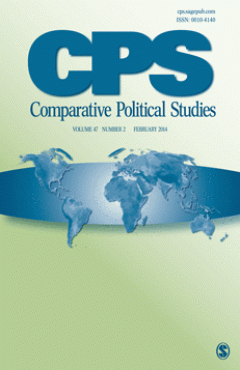
Comparative Political Studies, Volume 47, Number 12, October 2014
- Edition
- -
- ISBN/ISSN
- 0010-4140
- Collation
- -
- Series Title
- -
- Call Number
- -
- Edition
- -
- ISBN/ISSN
- 0010-4140
- Collation
- -
- Series Title
- -
- Call Number
- -
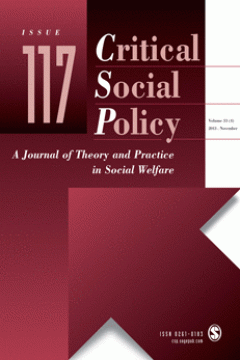
Critical Social Policy, Issue 121, Volume 34, Number 4, November 2014
- Edition
- -
- ISBN/ISSN
- 0261-0183
- Collation
- -
- Series Title
- -
- Call Number
- -
- Edition
- -
- ISBN/ISSN
- 0261-0183
- Collation
- -
- Series Title
- -
- Call Number
- -
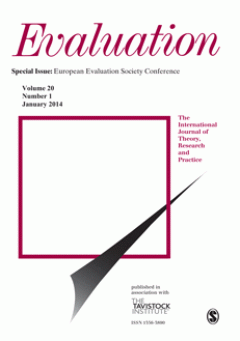
Evaluation, Volume 20, Number 4, October 2014
- Edition
- -
- ISBN/ISSN
- 1356-3890
- Collation
- -
- Series Title
- -
- Call Number
- -
- Edition
- -
- ISBN/ISSN
- 1356-3890
- Collation
- -
- Series Title
- -
- Call Number
- -

Evaluation Review, Volume 38, Number 5, October 2014
- Edition
- -
- ISBN/ISSN
- 0193-841X
- Collation
- -
- Series Title
- -
- Call Number
- -
- Edition
- -
- ISBN/ISSN
- 0193-841X
- Collation
- -
- Series Title
- -
- Call Number
- -

Evaluation Review, Volume 38, Number 4, August 2014
- Edition
- -
- ISBN/ISSN
- 0193-841X
- Collation
- -
- Series Title
- -
- Call Number
- -
- Edition
- -
- ISBN/ISSN
- 0193-841X
- Collation
- -
- Series Title
- -
- Call Number
- -
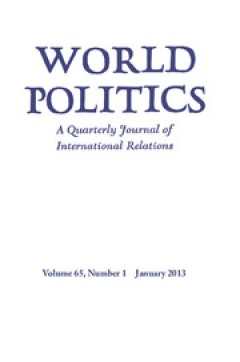
World Politics, Volume 66, Number 4, October 2014
- Edition
- -
- ISBN/ISSN
- 0043-8871
- Collation
- -
- Series Title
- -
- Call Number
- -
- Edition
- -
- ISBN/ISSN
- 0043-8871
- Collation
- -
- Series Title
- -
- Call Number
- -

Evaluation Review, Volume 38, Number 3, June 2014
- Edition
- -
- ISBN/ISSN
- 0193-841X
- Collation
- -
- Series Title
- -
- Call Number
- -
- Edition
- -
- ISBN/ISSN
- 0193-841X
- Collation
- -
- Series Title
- -
- Call Number
- -
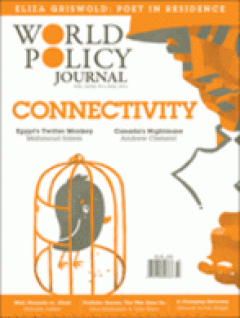
World Policy Journal, Volume 31, Number 3, Fall 2014
- Edition
- -
- ISBN/ISSN
- -
- Collation
- -
- Series Title
- -
- Call Number
- -
- Edition
- -
- ISBN/ISSN
- -
- Collation
- -
- Series Title
- -
- Call Number
- -
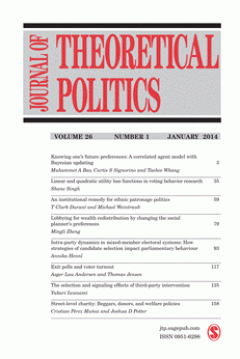
Journal of Theoritical Politics, Volume 26, Number 4, October 2014
- Edition
- -
- ISBN/ISSN
- -
- Collation
- -
- Series Title
- -
- Call Number
- -
- Edition
- -
- ISBN/ISSN
- -
- Collation
- -
- Series Title
- -
- Call Number
- -
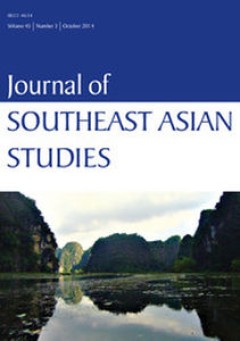
Journal of Southeast Asian Studies, Volume 45, Number 3, October 2014
- Edition
- -
- ISBN/ISSN
- 0022-4634
- Collation
- -
- Series Title
- -
- Call Number
- -
- Edition
- -
- ISBN/ISSN
- 0022-4634
- Collation
- -
- Series Title
- -
- Call Number
- -
 Computer Science, Information & General Works
Computer Science, Information & General Works  Philosophy & Psychology
Philosophy & Psychology  Religion
Religion  Social Sciences
Social Sciences  Language
Language  Pure Science
Pure Science  Applied Sciences
Applied Sciences  Art & Recreation
Art & Recreation  Literature
Literature  History & Geography
History & Geography